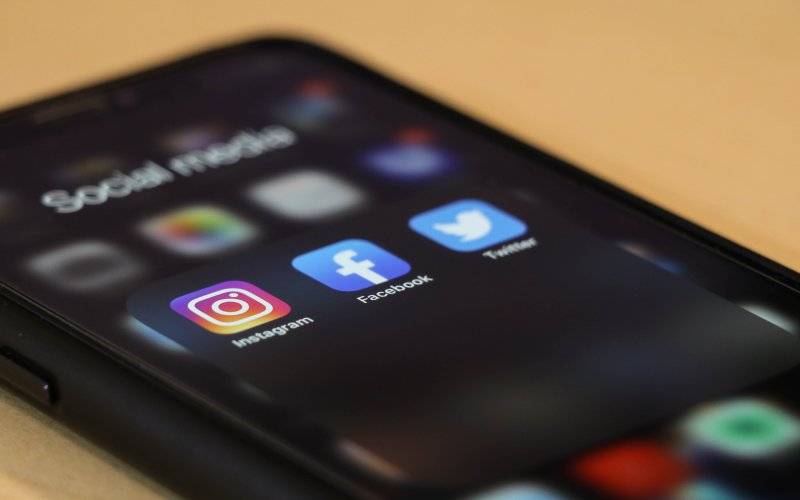The Role of Social Media in Black Maternal Health Disparities

ALBANY, N.Y. (Jan. 12, 2024) -- Two studies authored by Nerissa George, Dr. Rachel de Long, Dr. Marilyn Kacica and Jennifer Manganello of the Department of Health Policy, Management and Behavior recently explored the role of social media usage and health literacy among African American women. Both examined the potential role of social media in helping to close racial health literacy gaps related to pregnancy and pre- and post-natal health. Racial health disparities in the U.S. have widened in recent years; African American women now die from complications related to childbirth at three times the rate of their white peers.
In the first study, published in Health Literacy Research and Practice, George, de Long and Manganello sought to identify the primary sources of health information used by Black pregnant people. Health literacy refers to the ability of an individual to obtain, understand and communicate about health-related issues and use that information to make informed decisions. They found that social media plays a significant role in the information ecosystem of Black women, and that those with lower health literacy were more likely to use social media to find information about pregnancy. There were also differences in the ways participants used social media according to their level of health literacy.
“Women with low health literacy scores reported greater levels of social media usage overall and searched social media for both general and specific health information about pregnancy. They also reported more use of social media for giving and getting support. Women with high health literacy were more likely to share the pregnancy information they found on social media with their nurse, doula or childbirth educator,” explains co-author Nerissa George. “We also measured eHealth literacy and found that participants with higher scores were also more likely to report using social media to find information about pregnancy and likewise to share the information with both their health care providers and with their friends, family and coworkers.” eHealth literacy refers to a person’s ability to apply health literacy skills in an online environment.
The second study, published in Frontiers in Communication, found that there are ample opportunities to use social media to deliver educational health content that is tailored to Black birthing people, but that often these opportunities are not leveraged. Social media could prove to be an effective tool for promoting health equity if sufficient resources are allocated to it.
“We often talk about the negative side of social media, and it’s true that it can be a source of misinformation and disinformation,” says George. “But there are also many advantages to social media as a vehicle for health education. Social media improves access for everyone, especially individuals who may have difficulty accessing health information by traditional means, such as younger people, racial and ethnic populations and lower socioeconomic groups. It has also been shown to be effective in changing health behavior.”
However, the study co-authored by George noted some drawbacks of the health content available on Instagram. Popular pregnancy-related and parenting accounts displayed an inadequate amount of diversity and tended to focus more on issues related to personal care, fashion and lifestyle, rather than more serious health-related issues that disproportionately affect Black people.
“One of the most striking findings of our study was that information regarding important topics such as pregnancy complications and postpartum depression, which affect a significant number of birthing women per year, were rarely discussed on pregnancy and parenting accounts,” George notes. “Less access to maternal health content that addresses adverse pregnancy outcomes underprepares Black birthing women for potential birthing experiences they are at high risk of encountering.”
George would like to see more social media engagement from stakeholders invested in the health of Black birthing people, such as health care providers, government agencies and community and faith-based organizations.
“Social media can be a great way to educate, initiate discussions and engage with their respective reachable audiences concerning Black maternal health issues by sharing the best ways to support the cause and local resources available,” says George. “And by fostering innovative partnerships with health organizations, the technology industry, academia and community stakeholders, we can create a more robust information environment on social media to improve the knowledge that can help contribute to reducing maternal health disparities.”


